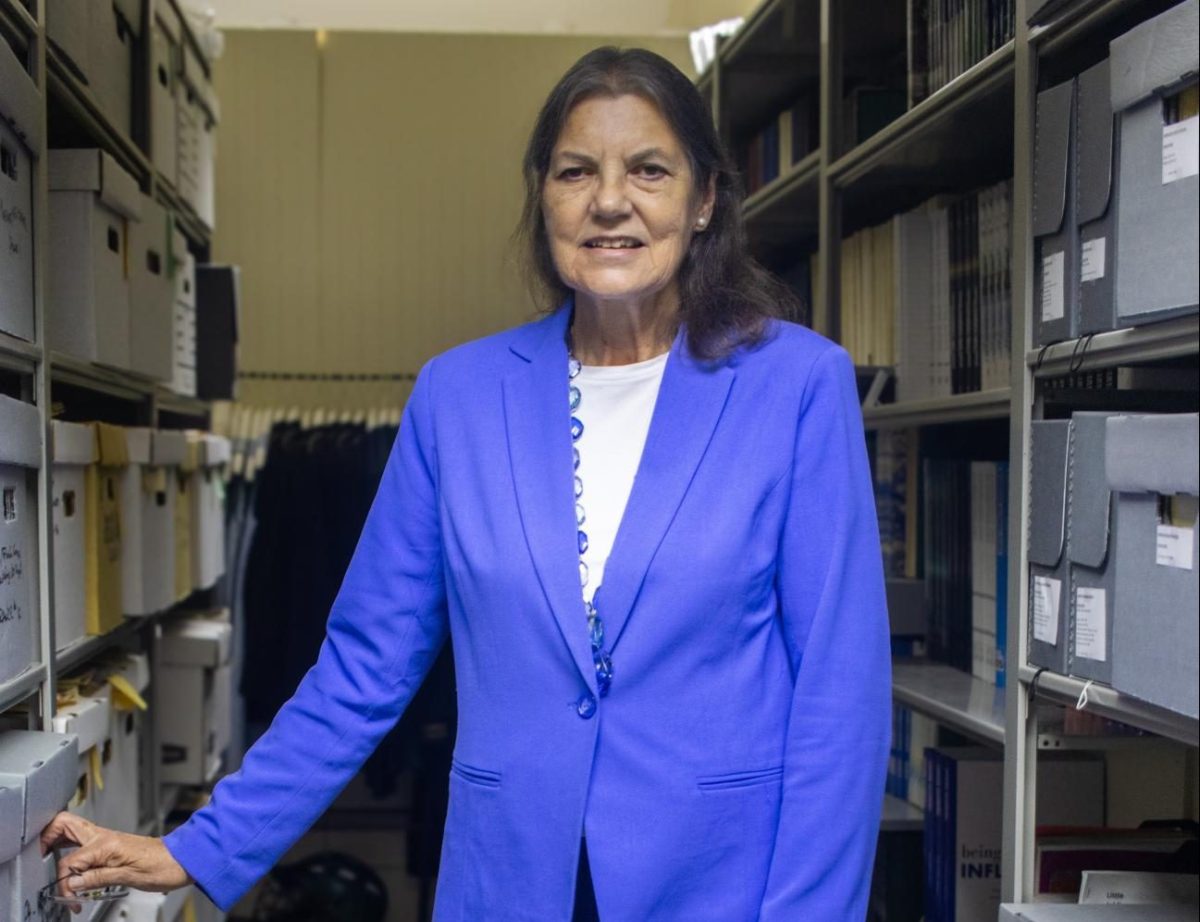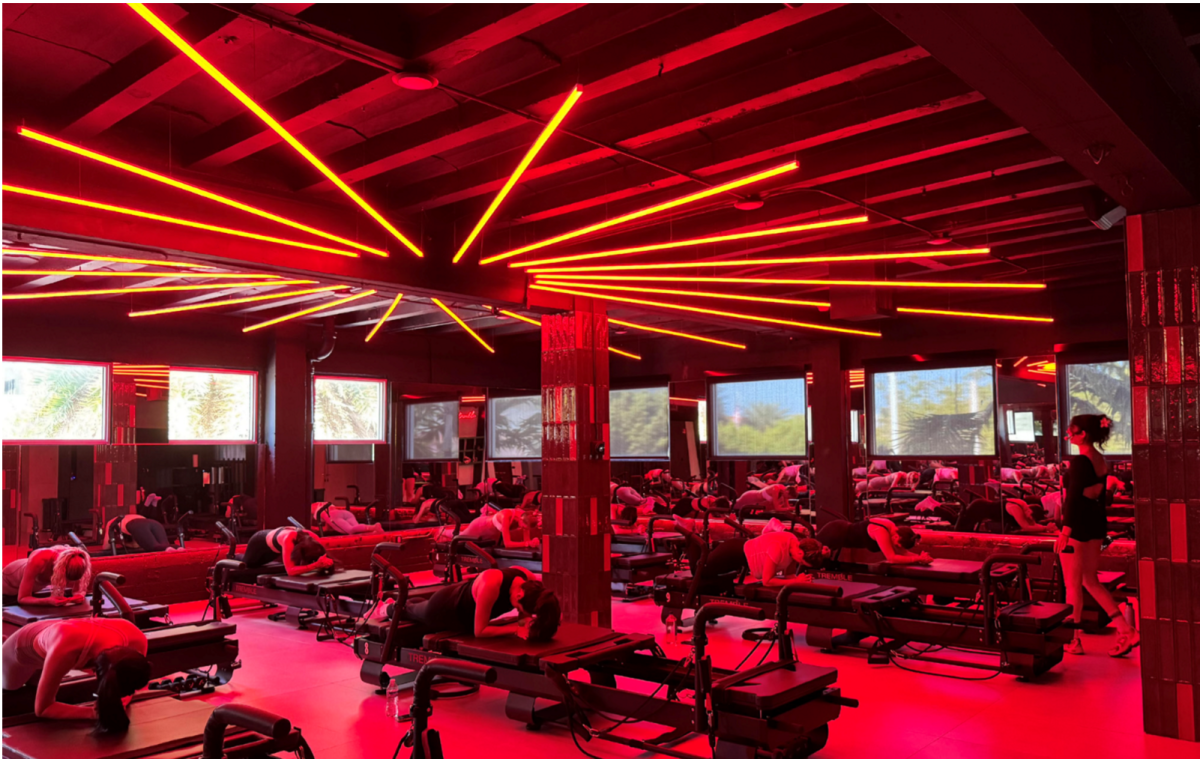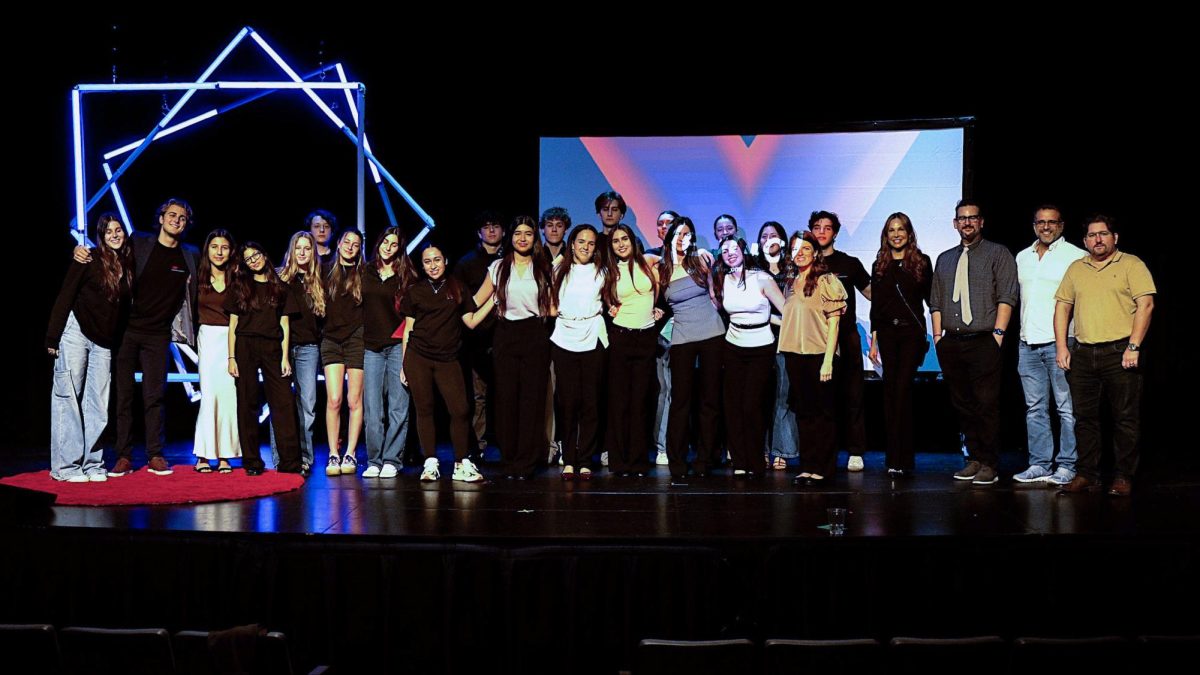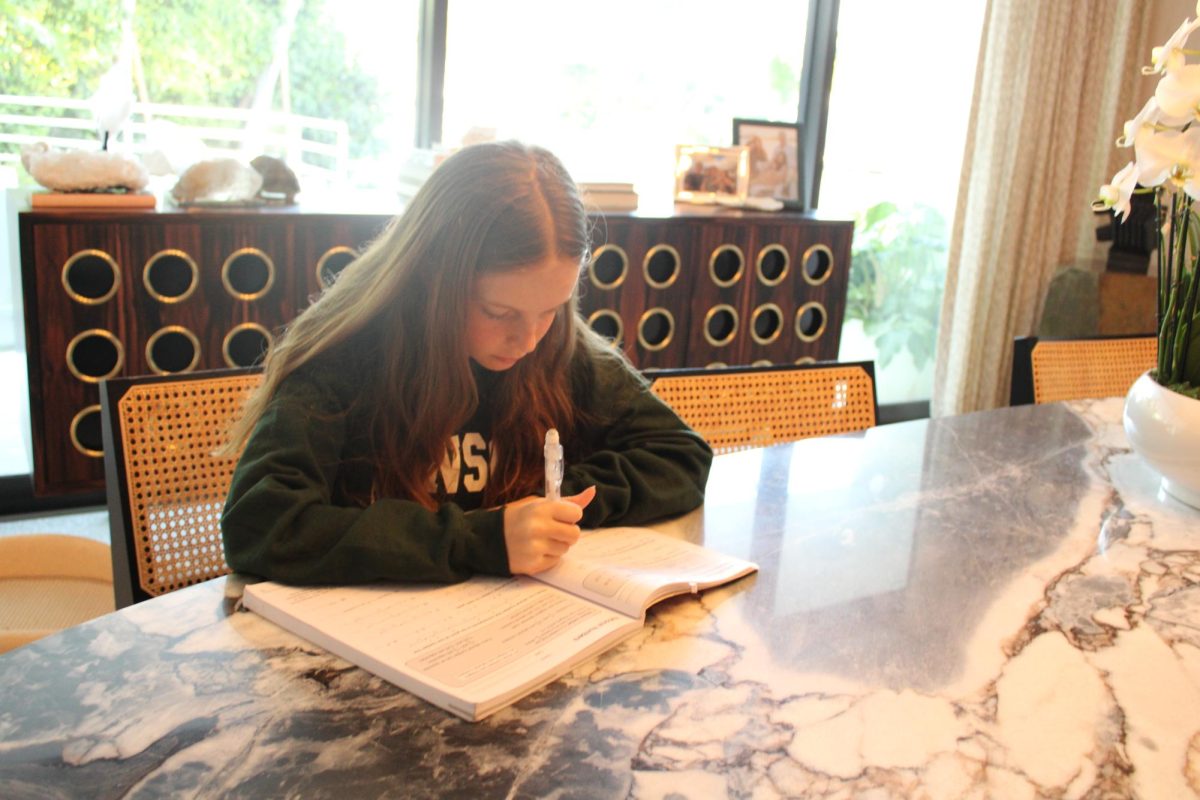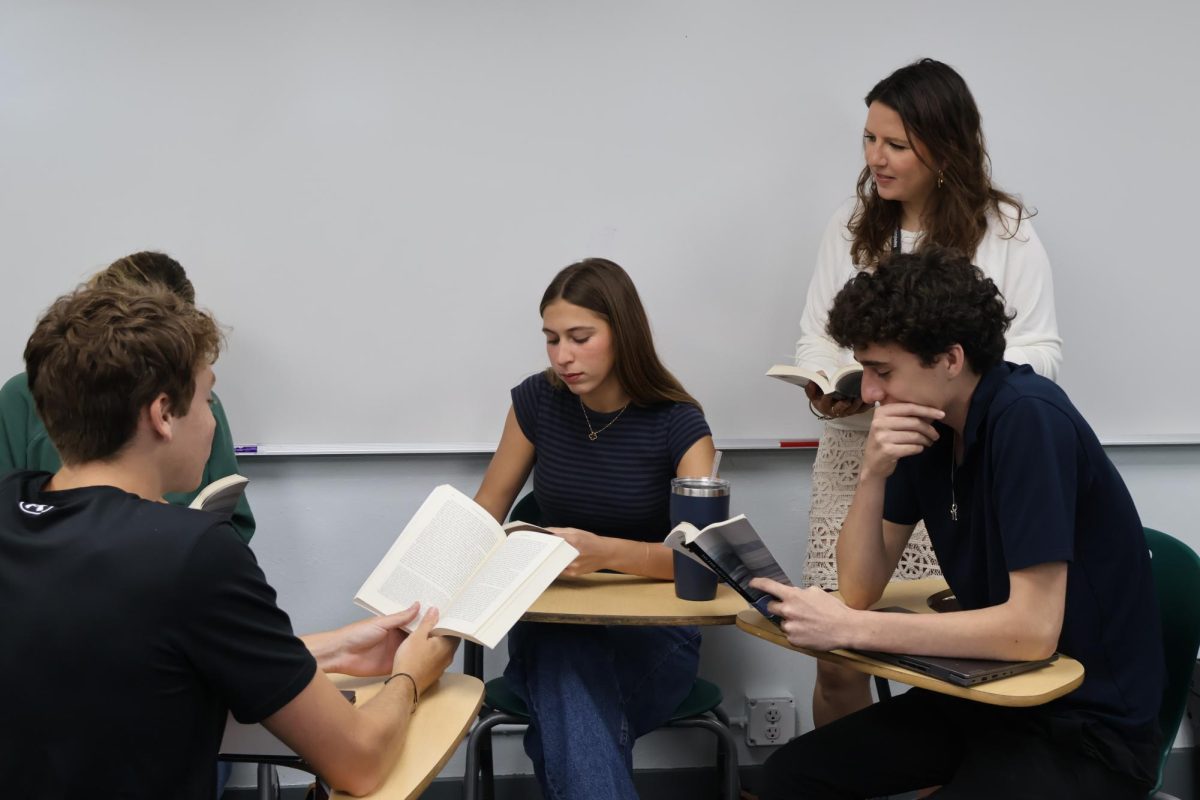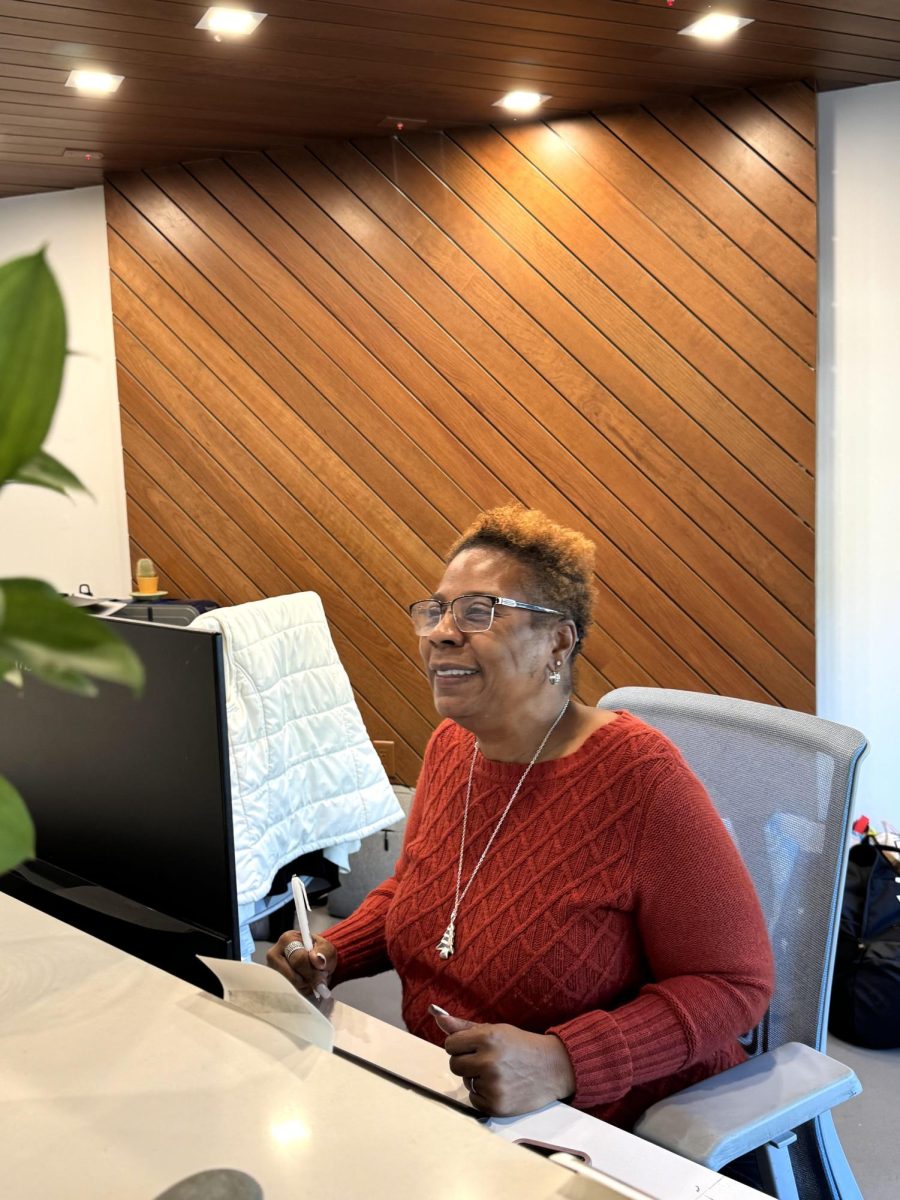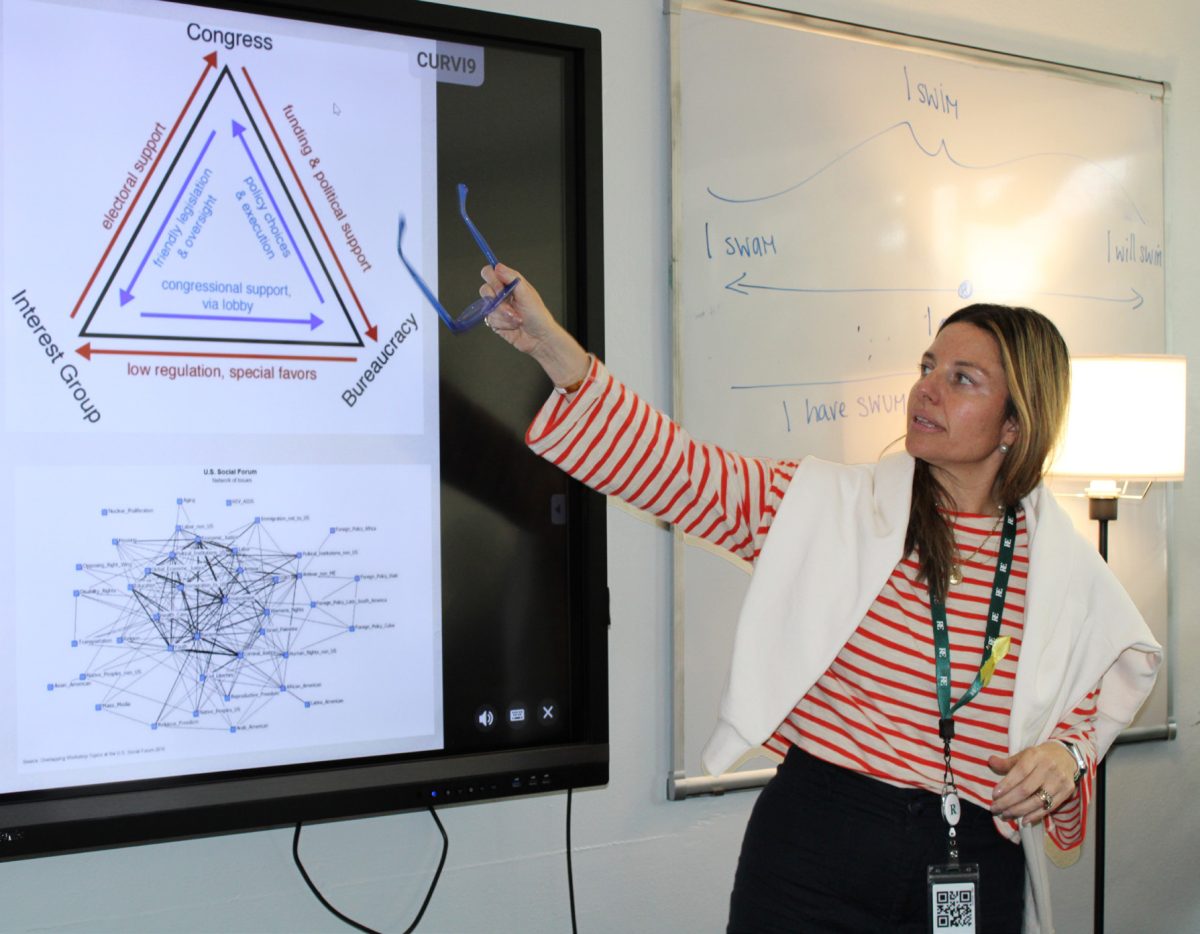Ransom Everglades School, with roots dating back to 1903, has a rich history, intertwined with the ever-evolving city of Miami. Central to the preservation of this legacy is Mrs. Patchett, the school’s archivist, who helps with cataloging and safeguarding the institution’s historical records.
Mrs. Patchett describes herself as the “custodian of the school’s history,” utilizing her degree in library science to manage and sort the archives at RE. Her primary responsibility involves collecting a diverse array of materials, including both digital and physical items such as photographs, documents, and books. To keep a clear record of our school’s history, she then sorts the information she gathers into chronological order.
Mrs. Patchett divides the archives into five main categories: Pine Knot Camp, Adirondack-Florida School, Ransom School, Everglades School, and Ransom Everglades School. Within these categories, she further segments the historical records by Head of School and by the various aspects of school life, encompassing athletics, advancement, faculty, performing arts, and events. For example, the Student Handbook can help Mrs. Patchett track changes in the institution. The introduction of new initiatives such as the current “RE Way” can demonstrate fundamental changes at RE.
Apart from these strategies, Mrs. Patchett enjoys collecting information through her relationships and conversations with both faculty and students. Mrs. Patchett “takes notes on memories,” she explained, always making an effort to store individuals’ experiences of the school in the historical record.
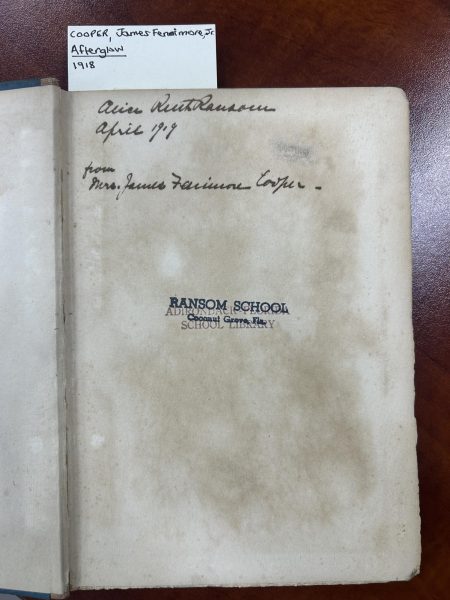
Before his passing, she was able to speak to Mr. Michael Stokes, a former faculty member who had worked at RE for many years and pioneered the Outward Bound program. Through these conversations, she gained insight into RE’s transition from a migratory boarding school to a permanent school in Miami. Conversations with Stokes revealed that “after World War II the school experienced financial difficulties, the campus in the north sold, and it was decided that this would be the campus.”
Many of Mrs. Patchett’s discoveries have also revealed information about human connections at RE. For example, upon sorting through a collection of books for the archive, she discovered a note inside a book titled “Afterglow” by James Fenimore Cooper Jr. It was addressed “to Alice Ransom [Paul Ransom’s wife]” from “Mrs. James Fenimore Cooper,” revealing an association between the Ransoms and one of nineteenth-century America’s most celebrated authors. Such discoveries not only provide information about “the connections between families”; they also offer windows into history. The way the author’s mother referred to herself by her husband’s name demonstrates the social status women of the time held.
The role of archiving extends beyond mere record-keeping for Mrs. Patchett. To Mrs. Patchett, “the goal of an archivist is to share the history, not keep it all shut up… my goal is to work with faculty and students to find an interesting way to share this history.” The significance of the preservation of the school’s history lies in part in the way it helps alumni maintain a strong connection to their alma mater.
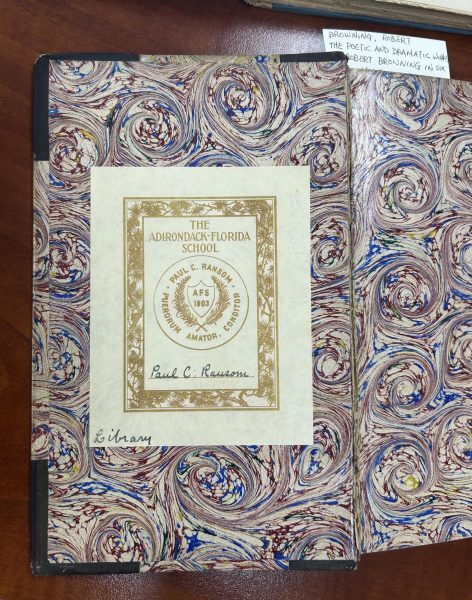
Furthermore, apart from benefiting alumni, it benefits current students as well, who can learn about the evolution of RE through participation in the History of RE Club, of which Mrs. Patchett is the faculty sponsor. In the future, she aspires to make archiving more interactive for students, potentially through the creation of an RE Archives Museum “to bring history closer to the current generation of students.” Mrs. Patchett is passionate about her role and expresses interest in witnessing “the development of the school as it parallels Miami’s history.” She acknowledged the significant changes RE has experienced, which she has been able to see reflected in the archival record. Ransom Everglades School “started as a small group of people from the Northeast and now we are very diverse, representing many cultures and countries.”
To Mrs. Patchett, such a continuously transforming place requires “preserving and encouraging people to think about the history of RE, how we have moved forward, and how we can continue to move forward.”


